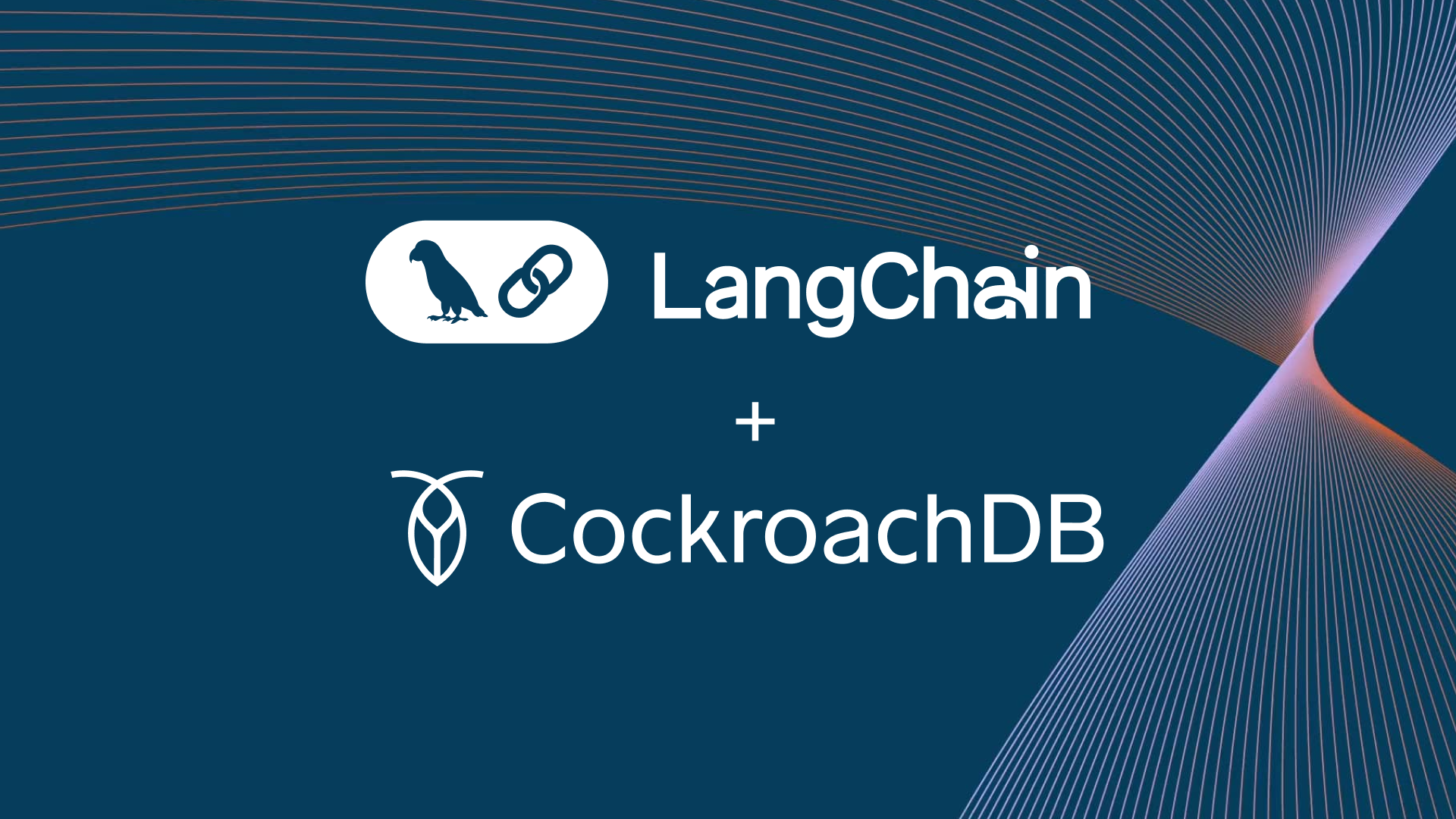Most founders agree that one of the greatest challenges that they face isn’t raising money or closing deals or finding partners. It’s finding people. In particular, finding great people who are interested and eager to take a chance on a startup. Turns out, hiring for startups is hard.
Early in my career, I was at Google and had a candidate who had offers from DE Shaw, Two Sigma, and Jane Street Capital. This was circa 2008, and Google’s compensation was not competitive against financial institutions. My manager and I strategized ways to close the candidate and decided that the Vice President of Google’s Engineering team, Stuart Feldman, should do a closing call.
As I walked in to Stuart’s office for a prep meeting, I apologized for taking up his time. He responded with,
“Don’t apologize. Hiring will always be 50% of my job.”
I have been hiring for startups and building teams at tech companies for the last 10+ years, and I’ve learned that the only thing that will change for founders through the life-cycle of their company is the percent of time they spend on recruiting.
At an early-stage business, it will feel like you are recruiting non-stop – an additional 80-90% of your time, at your already 100% job. For later stage companies, even with a robust team, founders will still be focused on recruiting at least 50% of their time. The key takeaway here: founders need to always put a concentrated effort towards hiring efforts, regardless of the stage of their business.
So how do you go from good hiring to great?
Hiring is not just about finding amazing people, it’s about creating a human experience. Regardless of if you are a hot, consumer-facing company or an enterprise tech company like Cockroach Labs, there is an immense pressure to hire quickly, and what is so often lost is the human experience. This matters because the way you approach your hiring efforts impacts the experience that an individual candidate has with your company and creates an impact on your future hiring.
Great hiring is when you listen to your candidate and create an experience for them, conveying the day to day feel and heartbeat of your company.
What’s your company’s story?
When I first joined Cockroach Labs, I needed to figure out what the heartbeat of the company was. I met with all the employees and asked them several questions about why the joined and what keeps them here. Very specifically, I asked them what made them accept their offer.
I heard three commonalities: the product, the people, and the founders.
From this feedback, I was able to shape a story for our candidates about how our founders first were exposed to open source products and how their experience has driven the formation of Cockroach Labs and our culture. The story was not my own, rather a story that I told through the eyes of our founders and each of our employees. It’s a story that all of us at Cockroach Labs live and breathe.
Regardless of if you are a 5 person startup, or a 500+ person company, every person who works for you shapes your story. They bring humanity to your company, which you can then share with your candidates. And if all goes well, it will hopefully help you to close them, adding one more voice to the story.




